detail profile jacqueline pierreux
Peran Yang Di Mainkan Jacqueline Pierreux
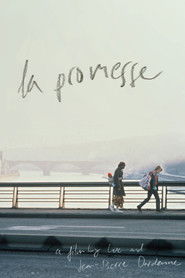 Igor aged 15 and his father Roger...
Igor aged 15 and his father Roger...La Promesse 1996
Igor, aged 15, and his father Roger deal in housing and peddling illicit labor in the outlying districts of Liege, Belgium. Scams, lies and swindling rule their lives. When one of his father’s illegal workers gets injured on the job and asks Igor to promise to take care of his wife and baby, Igor finds himself at a crossroad. He wants to keep the promise, but the price would be to betray his father.
 Dr Henry Harriston is a successful...
Dr Henry Harriston is a successful...A Couch in New York 1996
Dr. Henry Harriston is a successful psychoanalyst in New York City. When he is near a nervous breakdown, he arranges to change his flat with Beatrice Saulnier from France for a while. Both don't know each other and both find themselves deeply involved into the social settings of the other, because the decision to change their flats is made overnight. Could be the perfect amusement, but suddenly Henry finds himself beaten up by Beatrice' lover and Beatrice is considered to be Dr. Harriston's substitute by his clients...
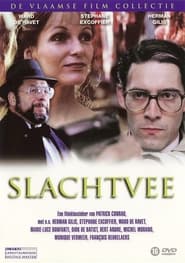 Thomas in his forties holds an...
Thomas in his forties holds an...Beef Cattle 1979
Thomas, in his forties, holds an important post in a slaughterhouse. He is engaged to Marie-Rose, the daughter of the director, whom he hopes to follow later. In a routine examination in the hospital, however, he finds out that he has cancer and his days are counted. The upheaval that he suffers as a result, however, does not take long, his decision is certain: he will use the short time to clean up some bad guys. What else can he do now?
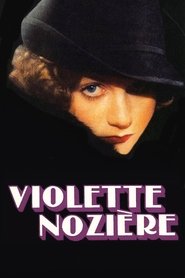 Paris 1933 The daughter of a respectable...
Paris 1933 The daughter of a respectable...Violette Nozière 1978
Paris, 1933. The daughter of a respectable lower middle class couple, Violette Nozière, leads a disreputable double life. Far from being the innocent 18-year-old her parents mistake her for, she spends her nights with dissolute young men in the less salubrious areas of the city.
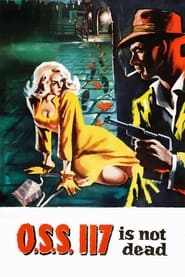 OSS 117 is asked for help by...
OSS 117 is asked for help by...OSS 117 Is Not Dead 1957
OSS 117 is asked for help by a female acquaintance Muriel Rousset. She beseeches him to retrieve secret documents which have been stolen from Sir Anthony Lead, the father of Anita and Marion. He complies with her wish and no obstacle or danger can hinder him from meeting her expectations.
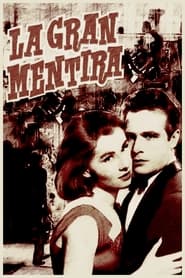 Csar Neira an almost forgotten Spanish...
Csar Neira an almost forgotten Spanish...La gran mentira 1956
César Neira, an almost forgotten Spanish actor, gets involved by chance with Teresa, a teacher from a small village in the province of Cáceres, who has won a radio contest. The prize is a trip to Madrid to experience just for a fortnight the life of the famous and wealthy people.
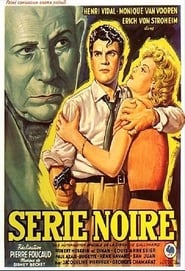 Lo Fardier is a police inspector...
Lo Fardier is a police inspector...Série noire 1955
Léo Fardier is a police inspector who goes to prison undercover as a convict. He shares a cell with Mariani, a Corsican mafioso, whose trust he earns. The day Léo leaves prison, the criminal entrusts him with a letter to deliver to his estranged wife. He finds her, and she falls under his spell. The problem is that he, too, has fallen in love with her.
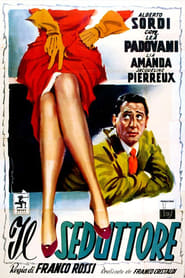 Alberto is forced to face his...
Alberto is forced to face his...The Seducer 1954
Alberto is forced to face his wife and his two lovers at the same time.
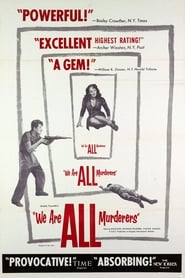 Originally titled Nous Sommes Tout des...
Originally titled Nous Sommes Tout des...We Are All Murderers 1952
Originally titled Nous Sommes Tout des Assassins, We Are All Murderers was directed by Andre Cayette, a former lawyer who detested France's execution system. Charles Spaak's screenplay makes no attempt to launder the four principal characters (Marcel Mouloudji, Raymond Pellegrin, Antoinine Balpetre, Julien Verdeir): never mind the motivations, these are all hardened murderers. Still, the film condemns the sadistic ritual through which these four men are brought to the guillotine. In France, the policy is to never tell the condemned man when the execution will occur--and then to show up without warning and drag the victim kicking and screaming to his doom, without any opportunity to make peace with himself or his Maker. By the end of this harrowing film, the audience feels as dehumanized as the four "protagonists." We Are All Murderers was roundly roasted by the French law enforcement establishment, but it won a special jury prize at the 1952 Cannes Film Festival.
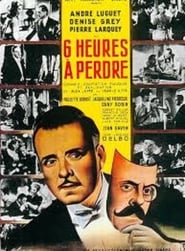 A traveller is stuck in an...
A traveller is stuck in an...Six Hours to Lose 1947
A traveller is stuck in an unknown town because his connecting train will only arrive in six hours. He decides to kill time by taking a stroll. He is not prepared to get confused with somebody else. In fact the citizens are eagerly awaiting the visit of a famous man and the clueless traveller is his doppelgänger. Soon he experiences what that means.
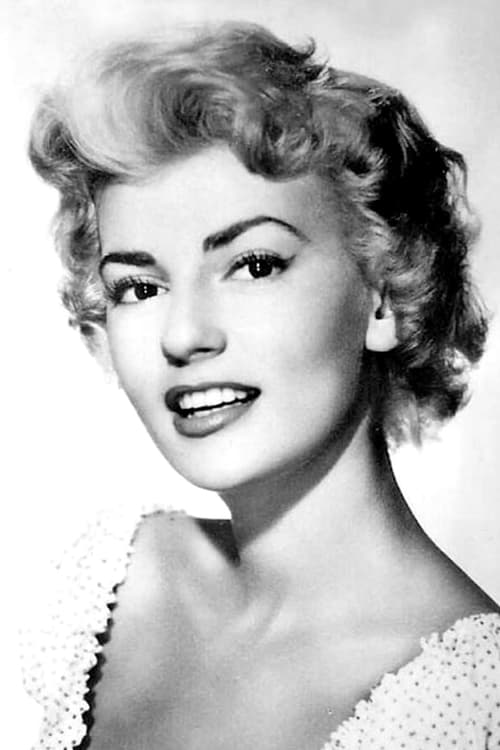
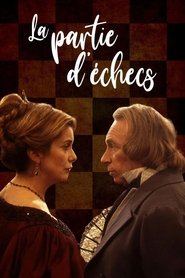 In 19th century a disillusioned priest...
In 19th century a disillusioned priest...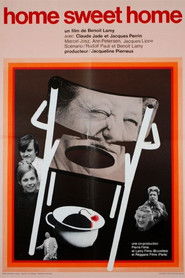 Jules a rebellious septuagenarian foments a...
Jules a rebellious septuagenarian foments a... Two members of a former group...
Two members of a former group...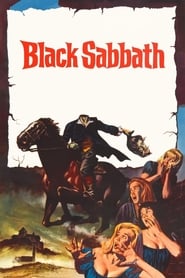 Three short tales of supernatural horror...
Three short tales of supernatural horror...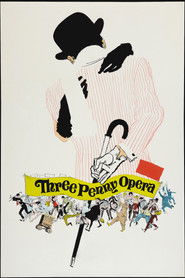 The Gangster Macheath secretly marries the...
The Gangster Macheath secretly marries the... After their boss death two clerks...
After their boss death two clerks...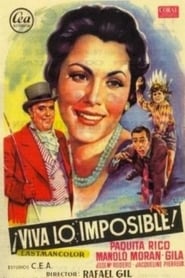 Tired of the hardship imposed by...
Tired of the hardship imposed by...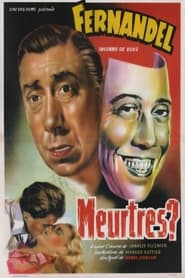 A man assists his gravely ill...
A man assists his gravely ill...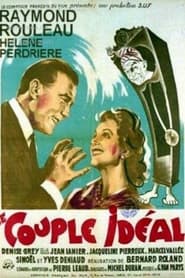 Diavalo is the popular hero of...
Diavalo is the popular hero of...